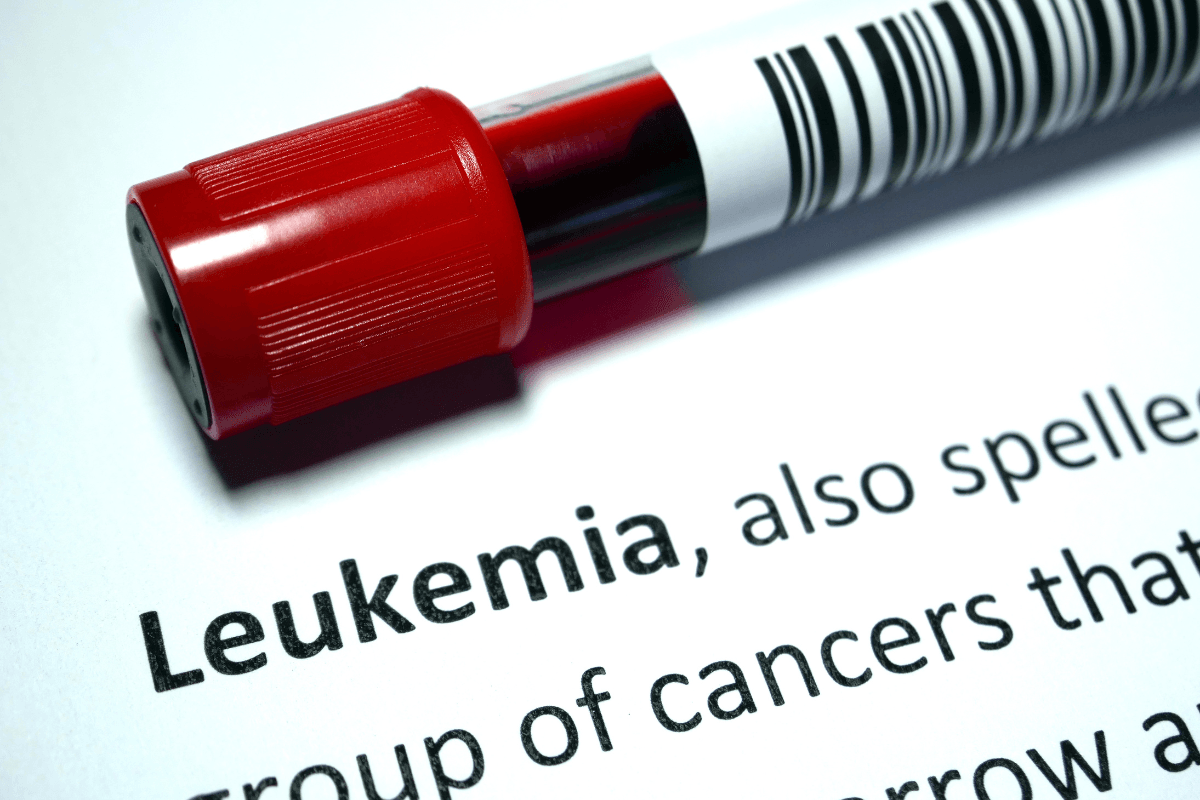Managing blood cancer and diabetes simultaneously presents unique challenges, but with the right strategies and support, it is possible to maintain a good quality of life. This article explores the intersection of these two complex conditions, offering insights into effective management, potential complications, and essential care tips.
Understanding the Dual Diagnosis
Blood cancers, including leukemia, lymphoma, and myeloma, disrupt the production and function of blood cells. These cancers often impair the body’s immune system, making patients more vulnerable to infections and additional complications.
On the other hand, diabetes is a chronic condition characterized by high blood sugar levels. It can trigger serious health issues, including heart disease, kidney damage, and neuropathy. Effective management involves careful monitoring of blood sugar levels, a balanced diet, and regular physical activity.
When a patient is diagnosed with both blood cancer and diabetes, the complexity of care increases significantly. Treatment for blood cancer, which may include chemotherapy, radiation, and stem cell transplants, can impact blood sugar levels and overall diabetes management.
The Impact of Blood Cancer Treatment on Diabetes
Chemotherapy drugs, being the leading form of treatment for cancer, can cause fluctuations in blood sugar levels. Some medications may induce hyperglycemia (high blood sugar), while others can cause hypoglycemia (low blood sugar). Patients must monitor their blood sugar levels frequently during treatment and adjust their diabetes management plan accordingly.
Steroids are also utilized in cancer treatment to reduce inflammation and manage side effects. However, steroids can significantly elevate blood sugar levels, necessitating adjustments in diabetes medication or insulin therapy.
Blood cancer treatment often affects appetite and digestion, leading to weight loss or gain. Maintaining a balanced diet can be challenging but is essential for managing both conditions. Consulting with a dietitian who specializes in oncology and diabetes can provide personalized nutritional guidance.
Clinical Study
According to a study, both type 1 and type 2 diabetes and leukemia are highly associated, although the mechanisms differ. Type 2 diabetes has been linked to a 20% higher risk of developing various blood cancers, including leukemia, potentially due to disruptions in glucose metabolism and factors like obesity and smoking. In contrast, type 1 diabetes may be related to early-onset leukemia, with research suggesting that both conditions might share origins in viral infections, such as enteroviruses, rather than insulin therapy itself.
Managing Symptoms and Side Effects
Both blood cancer and diabetes can cause fatigue. Prioritizing rest, conserving energy, and engaging in gentle physical activity can help manage fatigue. It’s also important to maintain regular sleep patterns and seek support from healthcare providers for persistent fatigue.
Blood cancer patients are also at a higher risk of infections due to a weakened immune system. Diabetes further increases this risk. Practicing good hygiene, avoiding crowded places, and staying up-to-date with vaccinations are vital preventive measures.
In addition, diabetes can cause nerve damage (neuropathy), leading to pain, tingling, or numbness, primarily in the feet and hands. Blood cancer treatments can exacerbate these symptoms. Managing neuropathy involves maintaining optimal blood sugar levels, regular foot care, and discussing pain management options with healthcare providers.
Essential Care Tips
Managing both diabetes and cancer of the blood requires a thorough approach to maintaining optimal health and well-being. Here are some essential care tips to help navigate these complex conditions:
Regular Monitoring
Frequent monitoring of blood sugar levels and regular blood tests to check cancer markers are crucial. Keeping detailed records can help healthcare providers make informed decisions about treatment adjustments.
Medication Management
Patients need to engage in close collaboration with their healthcare provider to adjust medications as needed. This includes coordinating the timing of diabetes medications with cancer treatments to minimize interactions and side effects.
Personalized Nutrition
A dietitian can develop a personalized meal plan that addresses the nutritional needs of both conditions. Emphasizing whole foods, lean proteins, healthy fats, and complex carbohydrates can help maintain stable blood sugar levels and support overall health.
Physical Activity
Participating in regular, moderate physical activity can improve energy levels, enhance mood, and help regulate blood sugar. Activities like walking, swimming, or yoga can be beneficial. Patients must consult with their healthcare provider prior to starting any new exercise regimen.
Emotional Support
Coping with two serious illnesses can be emotionally challenging. Seeking support from mental health professionals, joining support groups, and leaning on friends and family can provide much-needed emotional resilience.
Takeaway
Managing blood cancer and diabetes together requires a comprehensive, coordinated approach. By closely monitoring health, adjusting treatments, and seeking support, patients can navigate the complexities of both conditions. Continuous communication with healthcare providers ensures that the management plan evolves with the patient’s needs, ultimately improving outcomes and quality of life.
Frequently Asked Questions (FAQs)
Can diabetes cause cancer?
Diabetes itself does not directly cause cancer, but it can increase the risk of developing certain types of cancer. For example, people with type 2 diabetes have a higher risk of cancers such as leukemia, possibly due to disruptions in glucose metabolism and other related factors.
Does lymphoma affect blood sugar?
Yes, lymphoma can affect blood sugar levels. The cancer and its treatments may cause fluctuations in blood sugar, potentially resulting in insulin resistance or affecting glucose metabolism. Managing blood sugar levels may become more challenging during lymphoma treatment.
What emotional support resources are available for patients managing both conditions?
Coping with two serious illnesses can be emotionally challenging. Seeking support from mental health professionals, joining support groups, and leaning on friends and family offer emotional resilience. Many organizations provide resources and support specifically for diabetes and cancer patients.


